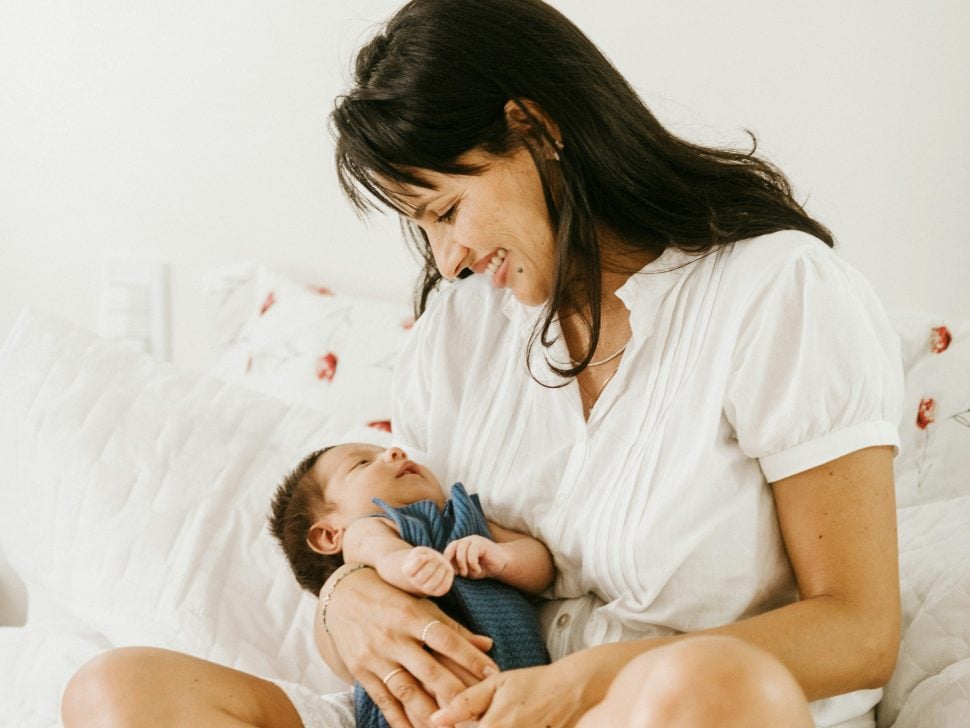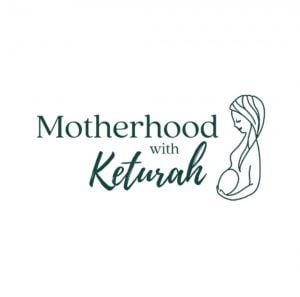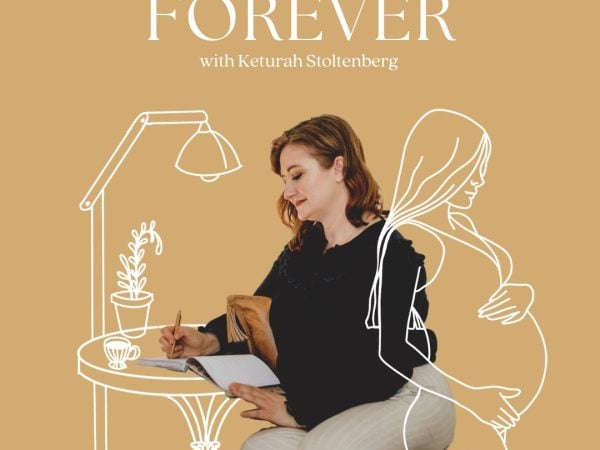What is Matrescence?
What is Matrescence?
We know that adolescence can be an awkward and painful time – a time where we change on every level – physically, emotionally, mentally, and hormonally – and we are not the same person on the other side.
But what if I told you that the transition into motherhood can be thought of in the same way, and we even have a word for it.
The concept of matrescence gives us a framework to see the transition into motherhood as every bit as awkward, painful, and profound as adolescence, and allows us to reclaim and celebrate this shift in identity.
Matrescence was first used by anthropologist and breastfeeding advocate, Dana Louise Raphael.
“The critical transition period which has been missed is matrescence, the time of mother-becoming…giving birth does not automatically make a mother out of a woman…the amount of time it takes to become a mother needs study.”
— DANA RAPHAEL, ‘MATRESCENCE, BECOMING A MOTHER, A ‘NEW/OLD’ RITE DE PASSAGE’ (1975)
Dana Raphael recognised that birthing a mother may not happen instantaneously when her baby is born. The birth of a mother is a process which takes time to develop and is perpetually evolving. In fact, a mother is reborn many times over – as she has more children, and as her children grow and go through their own stages of development. The mother of a newborn is not the same mother as when her child is a teenager.
We may be our children’s first teachers;
however, our children are our best teachers.
Recently this term has been revived and expanded by Aurelie Athan, clinical psychologist and faculty member at Columbia University, as a ‘developmental passage where a woman transitions through pre-conception, pregnancy and birth, surrogacy or adoption, to the postnatal period and beyond’.
Since the birth of humankind, mothers have organically passed their stories and wisdom on to new mothers. This eases the transition into motherhood, because the new mother feels ‘held’ by the wisdom of those around her, and is encouraged to listen to her own wisdom.
Reclaiming matrescence is about centering the mother!
Giving a new mother space to consider her own transition can seem odd and uncomfortable because we are conditioned to put our own needs to the side. A new mother doesn’t receive the same compassion, understanding, and support on her journey into motherhood as an adolescent does on their journey to adulthood.
Matrescence is something that needs to be acknowledged, appreciated, and nurtured throughout a woman’s entire life as a mother, and then as a grandmother.
We are always learning as a mother, the mother of a newborn and a toddler mothers differently to the mother of an adolescent and adult child and I invite you to reflect carefully, and be kind to yourself, as you grow into each transitional phase in your motherhood journey.
Being a mother is a dynamic experience, an opportunity for growth and happiness. It changes every single part of our being in a purposeful way.

Article - Louise Barton + Elisha Wildblood (Not Another Onesie)
End-of-Year Reflection Guide for Mums (Free Journal Prompts + Playlist)
The end of the year can feel like a whirlwind, especially for pregnant and postpartum mothers. While the world speeds up with celebrations, to-do lists, family dynamics, and pressure to “make it magical,” many mums quietly feel stretched thin, overwhelmed, or emotionally pulled in a dozen directions. If this resonates, you’re not alone. This gentle guide is here to help you slow down, take a breath, and soften into a kinder ending. A moment to honour the year you lived, the glimmers that kept you going, and the version of you that is emerging.

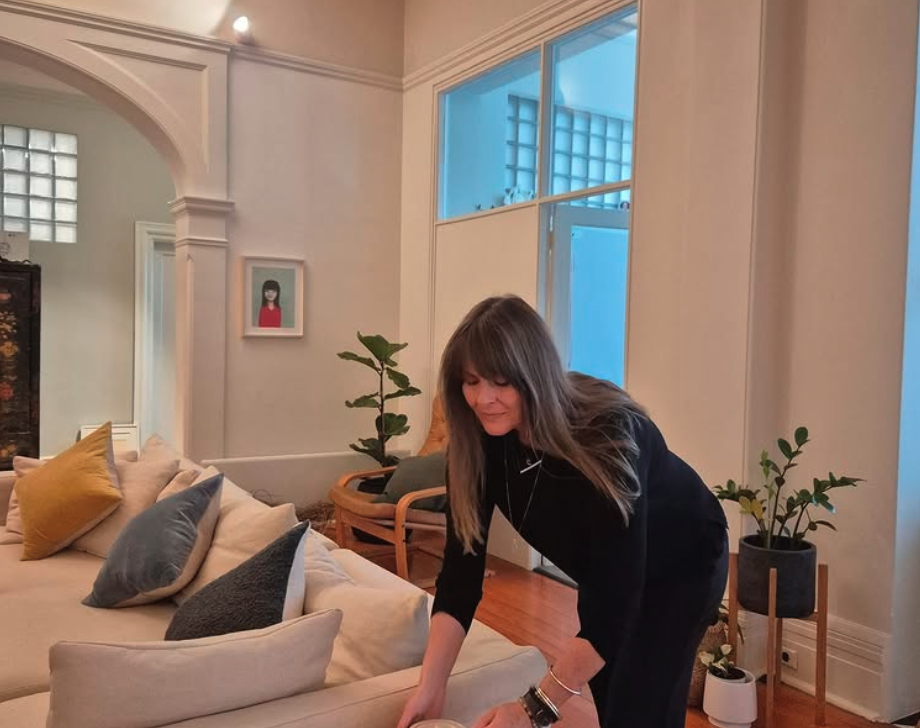
Article - Kendra Greig (The Homecoming Concierge)
Inside the Postpartum Home Preparation Service Transforming New Parents’ First Days
Bringing a newborn home is one of the most transformative moments in a family’s life, but it often arrives with overwhelm, exhaustion, and a steep learning curve. While many expectant parents spend months preparing for birth, far fewer have the time, support, or energy to prepare their home for the postpartum period. That’s where the NEST postpartum home preparation service steps in. Designed to create a soft landing for new parents and parents travelling with young children, this offering blends practical support, newborn home organisation, nourishing postpartum food, thoughtful touches, and a deep understanding of what new mothers and families truly need in those early days. We interviewed Kendra Greig the founder of NEST, to explore what inspired this unique service, what families can expect, and how a beautifully prepared home can ease the transition into newborn life.
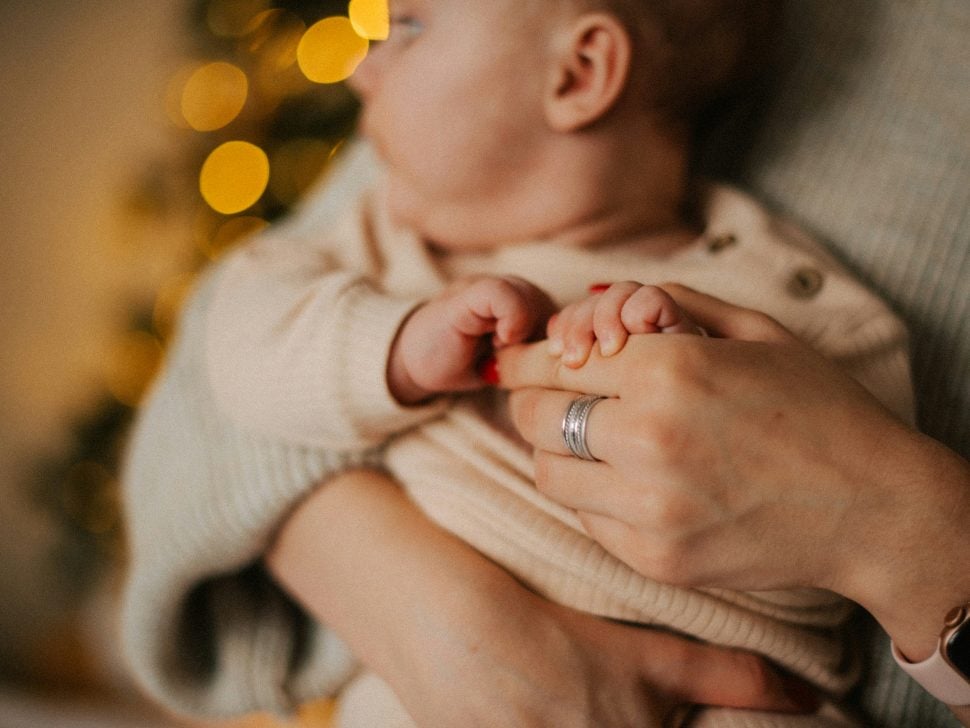
Article - Ali Mills (Grief Guide)
Navigating the Hidden Grief of Motherhood
To gently unpack this invisible grief in motherhood, we spoke with Ali from Grief Guide, a registered counsellor and grief specialist based in Brisbane who supports mothers and families in person and via telehealth. In this conversation, Ali explores the hidden losses woven through matrescence, how grief shows up in our bodies, and what compassionate support can look like for mothers navigating this profound life transition.
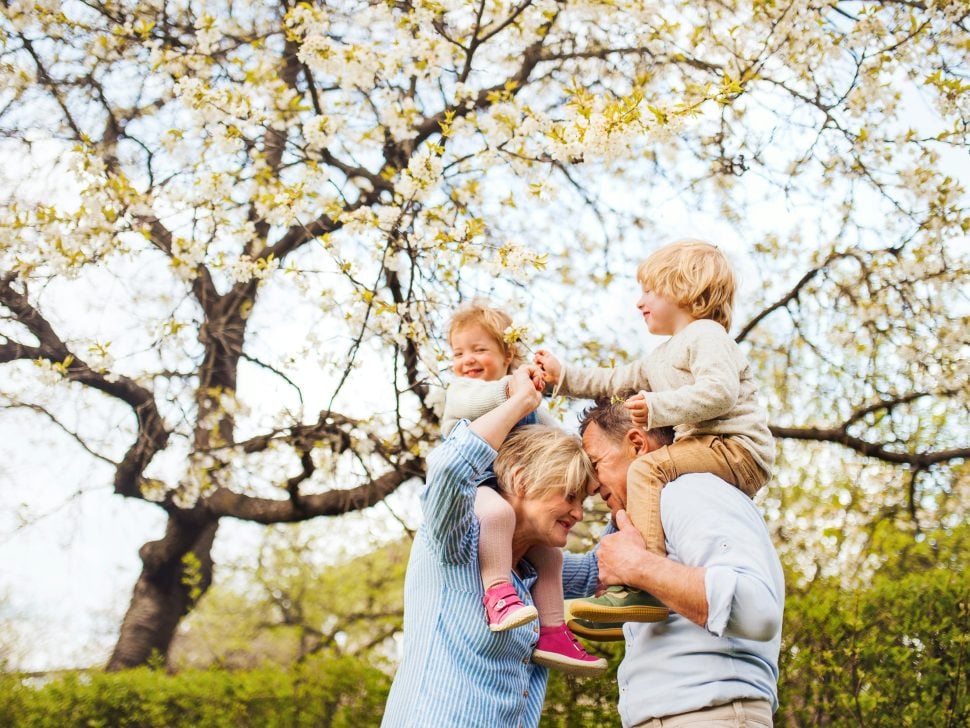
Article - Kylee Shepherd (Ma Wisdom)
Keeping the Village Strong: How Modern Grandparent Workshops Support Families
Becoming a parent doesn’t just change your life; it reshapes the whole family. As new mums navigate sleepless nights, identity shifts, and the steep learning curve of parenthood, their own parents are experiencing a transition too. That’s where modern grandparent workshops come in. Across Australia, these programs are helping families strengthen connection, understanding, and boundaries so that everyone, parents, grandparents, and babies, can thrive together.
You may also be interested in...
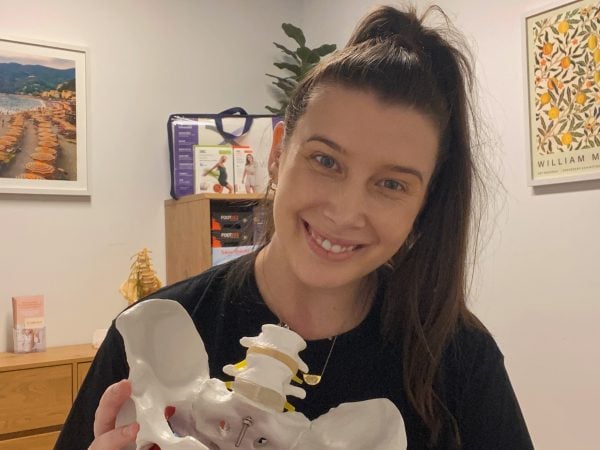
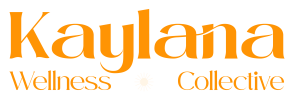
Kaylana Wellness Collective
At Kaylana Wellness Collective in Hurstville, Sydney, we’re here to support women through every stage of pregnancy and postpartum—through movement, connection, and whole-person care.
Led by Alannah, a senior Physiotherapist and Pilates instructor with a special interest in women’s health, our focus is on helping you feel strong, supported, and confident in your body. With years of experience and a passion for functional movement, Alannah combines clinical knowledge with a down-to-earth, personalised approach to care.
We offer tailored physiotherapy and exercise programs designed to meet the needs of your changing body. Whether you’re managing pregnancy-related pain, rebuilding core and pelvic floor strength, or looking to move safely after birth, we’re here to guide you every step of the way.
Our offerings include:
- Pregnancy-safe Pilates
- Birth prep exercises
- Therapeutic ultrasound for treatment of mastitis and blocked ducts – same day appointments available
- Postnatal rehab and return-to-exercise plans
- Mums and Bubs classes (yes, your little one is welcome!)
- Support for everyday concerns, including pelvic girdle pain, abdominal separation, pelvic floor issues, and low back pain.
Our Mums and Bubs classes are a welcoming space where you can move, recover, and connect—with your baby right there beside you. These sessions are designed to support your physical recovery while building strength, stability, and confidence in a community of like-minded mums.
At Kaylana Wellness Collective, we listen to your goals and create a care plan that fits your life. We believe movement is powerful—especially when it’s supportive, enjoyable, and tailored just for you.
Let’s help you feel your best, so you can get back to doing what matters most to you.
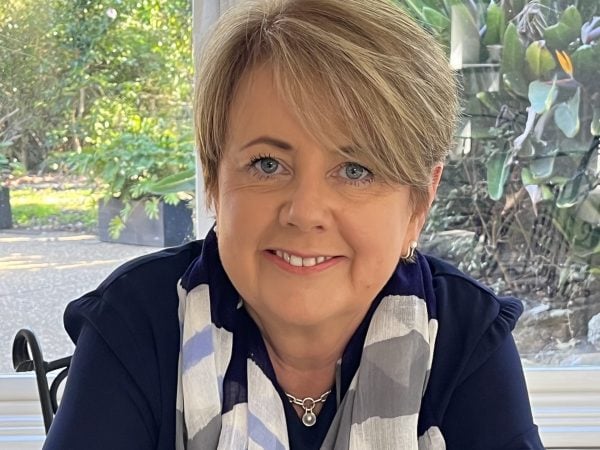
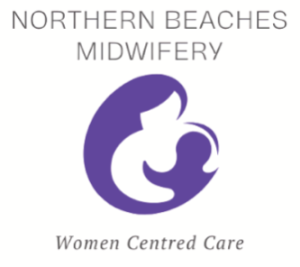
Northern Beaches Midwifery
Northern Beaches Midwifery offers the gold standard “Continuity of Care”. As a mother, Registered Nurse, Endorsed Midwife & Lactation Consultant (IBCLC), I offer the guidance and support you need in the postnatal period. Here’s how I can assist you:
Personalised Support Every mother-baby duo is unique, and I tailor my approach to meet your specific needs. Which ever way you choose to feed your baby, breastfeeding, mixed feeding or formula, if this is your first time or have prior experience, I’m here to help you overcome any challenges.
Comprehensive Knowledge I stay current with the latest research and best practices in lactation and responsive parenting. From latching techniques to concerns about milk supply, settling baby and the normal newborn behaviour can be very confusing. I’m ready to answer your questions and provide evidence-based solutions to help you reach your breastfeeding goals.
Emotional Support I understand that a newborn baby can be an emotional journey. Alongside practical assistance, I create a caring and nurturing environment where you can freely discuss your concerns. I’m here to listen and encourage you throughout the process.
Flexible Appointments I offer both in-person visits and online virtual consultations to suit your preferences. I can schedule appointments at times that work best for you, whether you’re at home or on the go.
6-Week Postnatal Care Packages After the birth of your baby and following your hospital discharge, I will visit you at home to provide support and guidance, ensuring a successful confident start to your parenting/breastfeeding journey. Research shows that women who receive support during this time tend to breastfeed for longer. Individualised postnatal packages attract a Medicare rebate if you are within the 6-week postnatal period.
Post-Consultation Care My commitment to your journey doesn’t end with one session. If you choose, I offer ongoing support and follow-ups to help you thrive as you continue your breastfeeding experience.
Don’t let breastfeeding and challenges hold you back. Let me support you in this incredible bonding experience with your little one. Contact me today to book your personalised consultation and discover the keys to successful breastfeeding, and confident parenting
Together, we’ll make your journey fulfilling for both you and your baby! Every mother deserves the best start.
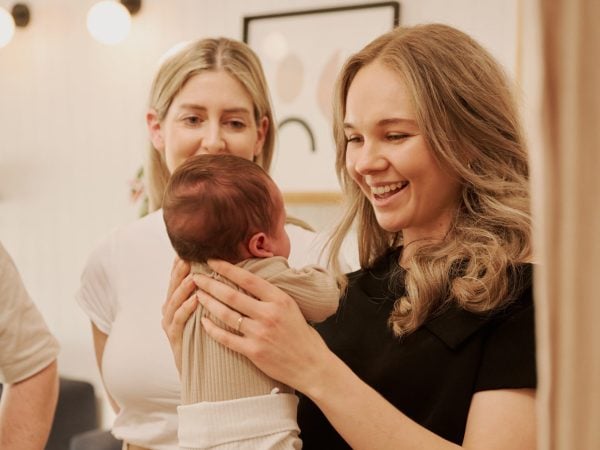

The Good Birth & Beyond
At The Good Birth & Beyond, I believe every mother deserves to feel seen, heard, and supported as she steps into this new chapter. Becoming a parent is both beautiful and choatic— it’s not just about learning how to care for your baby, but also about finding ways to care for yourself.
As a midwife, I offer evidence-based birth classes and private midwife support that go beyond information — I listen deeply, nurture gently, and walk alongside you with compassion. Whether you’re preparing for birth, facing sleepless nights, feeding challenges, or simply the huge shift of identity that comes with motherhood, I’m here to support the whole you. My goal is to help you feel confident, well-informed, and never alone on this journey.
Services Offered:
- Brisbane Birth Classes
- Ipswich Birth Classes
- Bulk-Billed Mums & Bubs Clinic
- Private Midwife Share Care
- Postnatal Home Care Packages
Learn about the support you didn't know you needed.
We have cherry picked the most useful resources for your fourth trimester so that you don't have to waste precious hours searching.
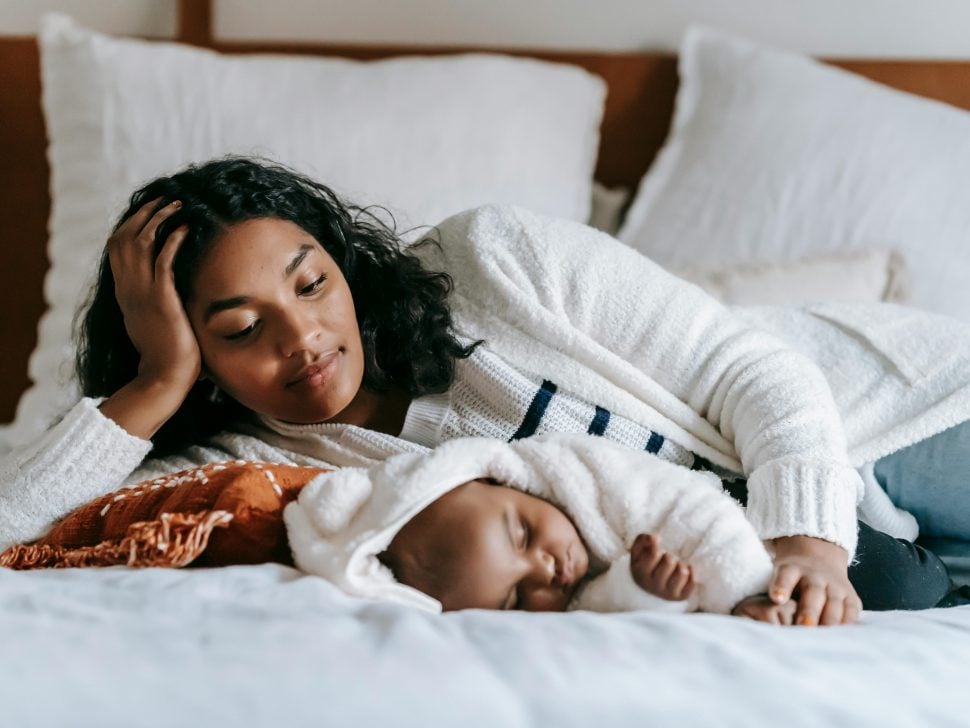
Article - Julia Jones (Newborn Mothers)
What is a Doula?
Today, a doula is typically someone who acts as a hub of support, referrals and resources for a person during a major life transition, usually related to birth. Doulas have a holistic approach that considers both mental and physical well-being. Services vary significantly but can include emotional reassurance, information based on scientific evidence, and comfort techniques like massage and nourishing food. The role is not medical, and doulas cannot treat, diagnose or cure any disease.
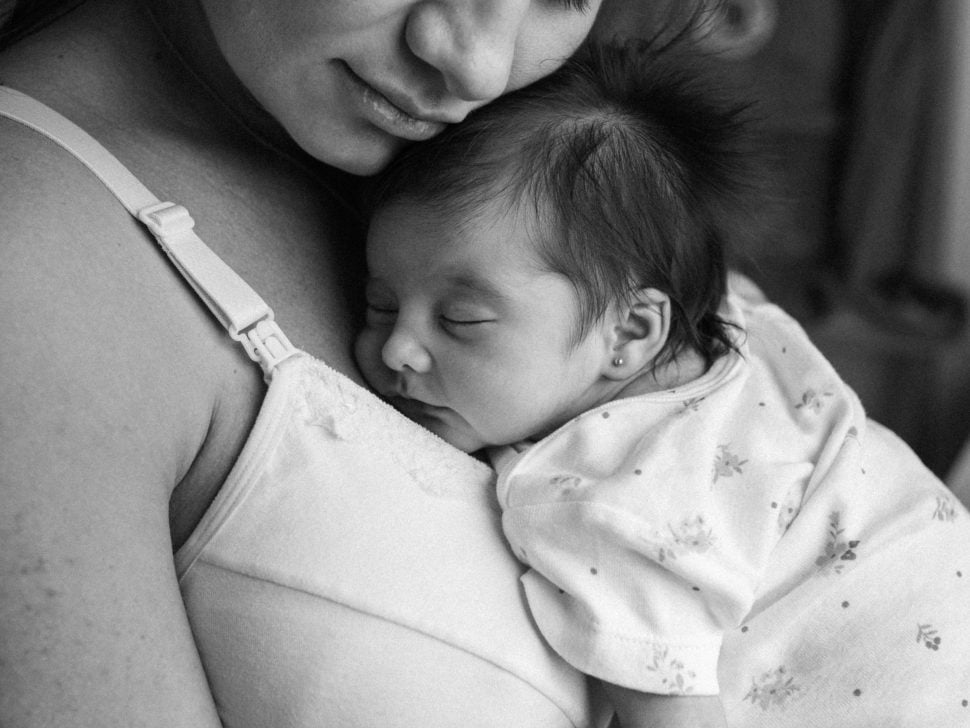
Article - Louise Barton + Elisha Wildblood
Do I Need a Postpartum Doula? Here’s What They Really Do
"Do I Really Need This?" It’s a question so many new mums ask, often in the quiet chaos of the fourth trimester. “Do I actually need a postpartum doula? Isn’t that a bit... extra?” When your body is sore, your hormones are surging, and you’re running on fragments of sleep, it’s not about luxury, it’s about being held while you hold your baby. If you’re feeling overwhelmed, touched out, or just bone-tired, this blog is your starting point. Let’s demystify the role of a postpartum doula and help you decide if they’re the kind of support you’re craving.
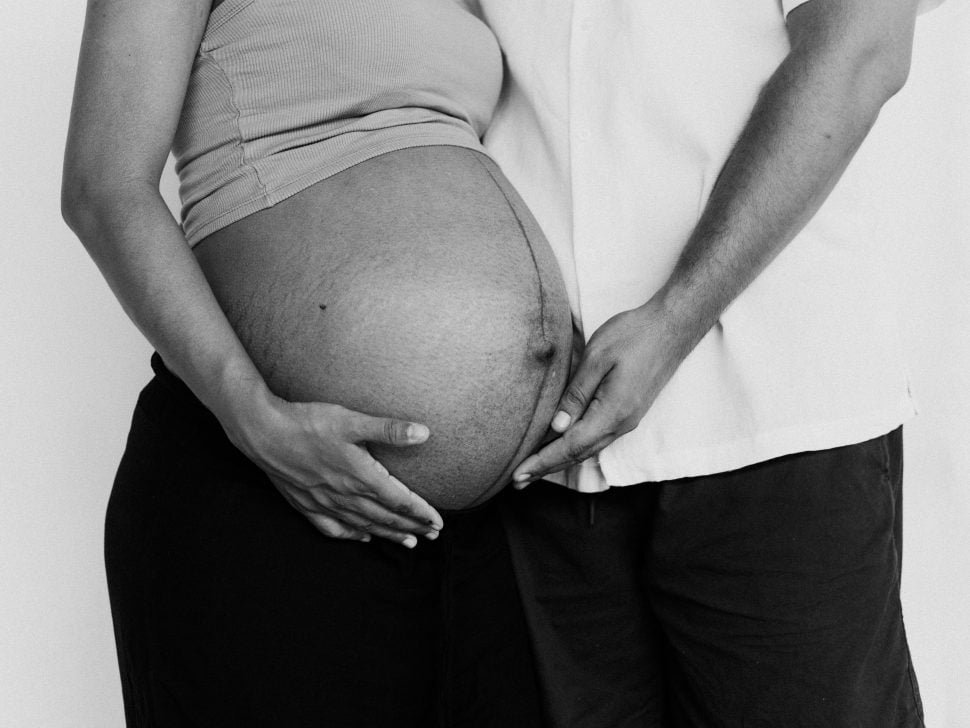
Article - Louise Barton + Elisha Wildblood (Not Another Onesie)
How to Use Not Another Onesie: Find the Best Pregnancy, Birth & Postpartum Support in Australia
At Not Another Onesie, we’ve created a beautiful, easy-to-use space to help you access the best pregnancy and postpartum support in Australia, from doulas and physios to lactation consultants, sleep guides, and emotional wellbeing tools. This is your step-by-step guide to using our site, finding your village, and getting the kind of care that truly supports you.
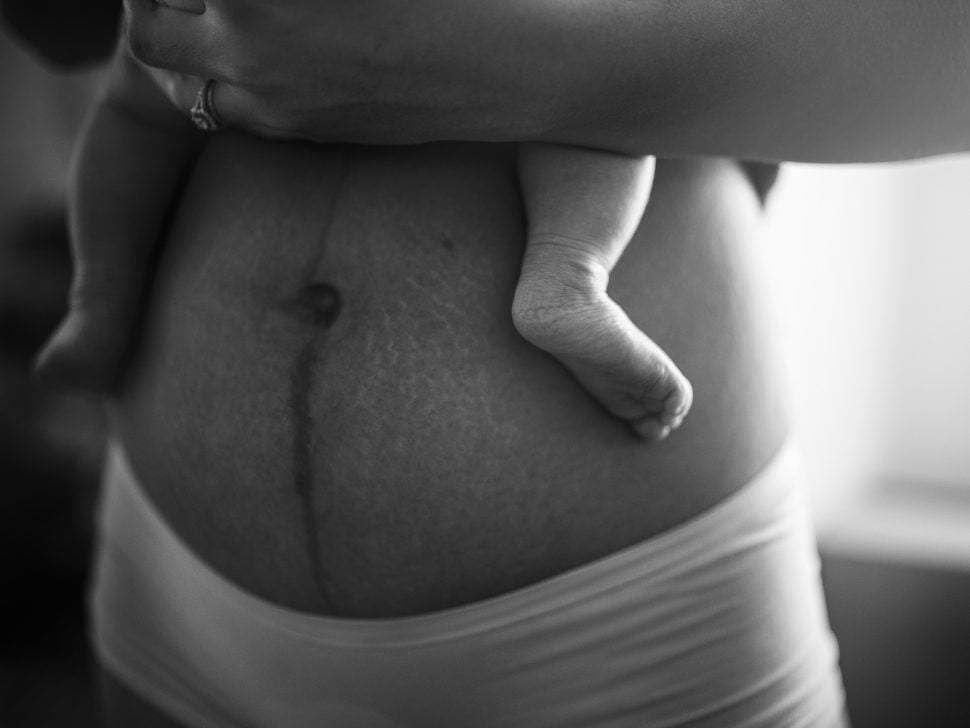
Article - Louise Barton + Elisha Wildblood (Not Another Onesie)
Not Sure What You Need After Baby Arrives? Start Here
The truth is, most mums aren’t told how to prepare for the fourth trimester, the raw, tender, and transformative time after birth. You might feel sore, sleep-deprived, disconnected, or emotionally all over the place. And that’s completely normal. But it doesn’t mean you have to go through it alone. This blog is your gentle starting point, a guide to the kinds of support you may need (and deserve) after baby arrives.


